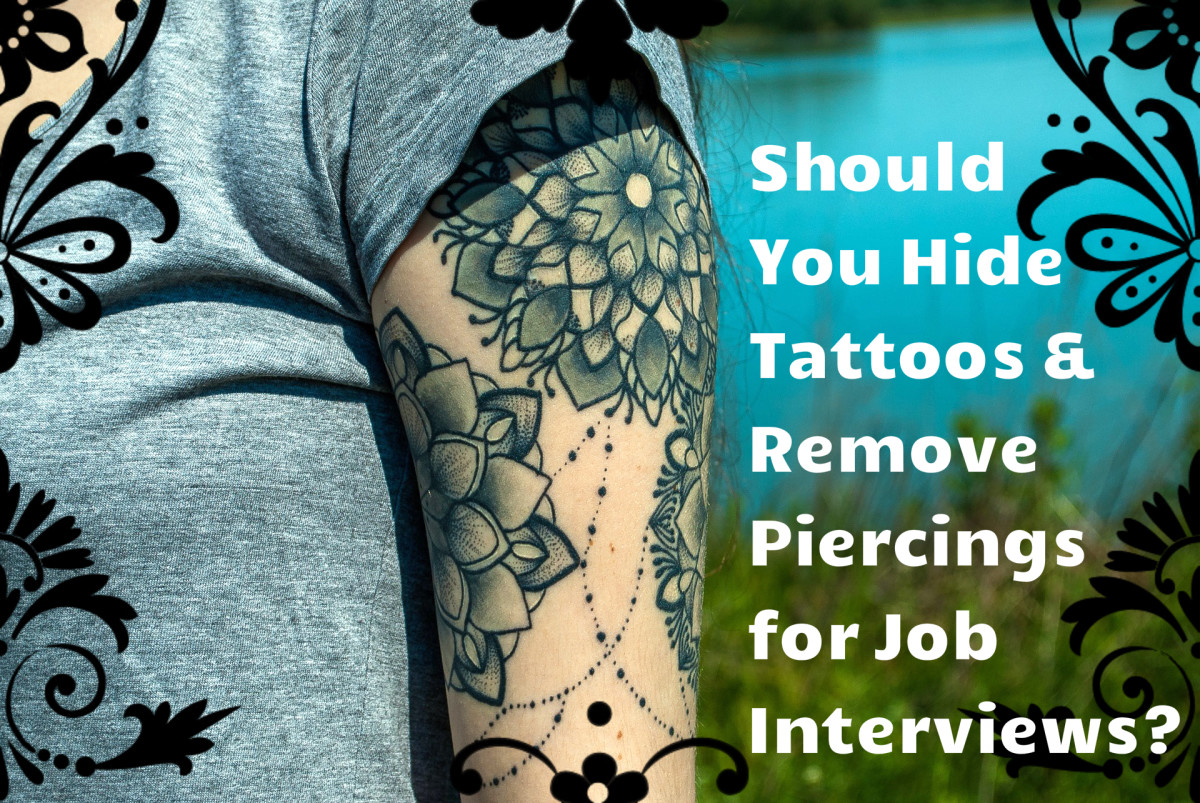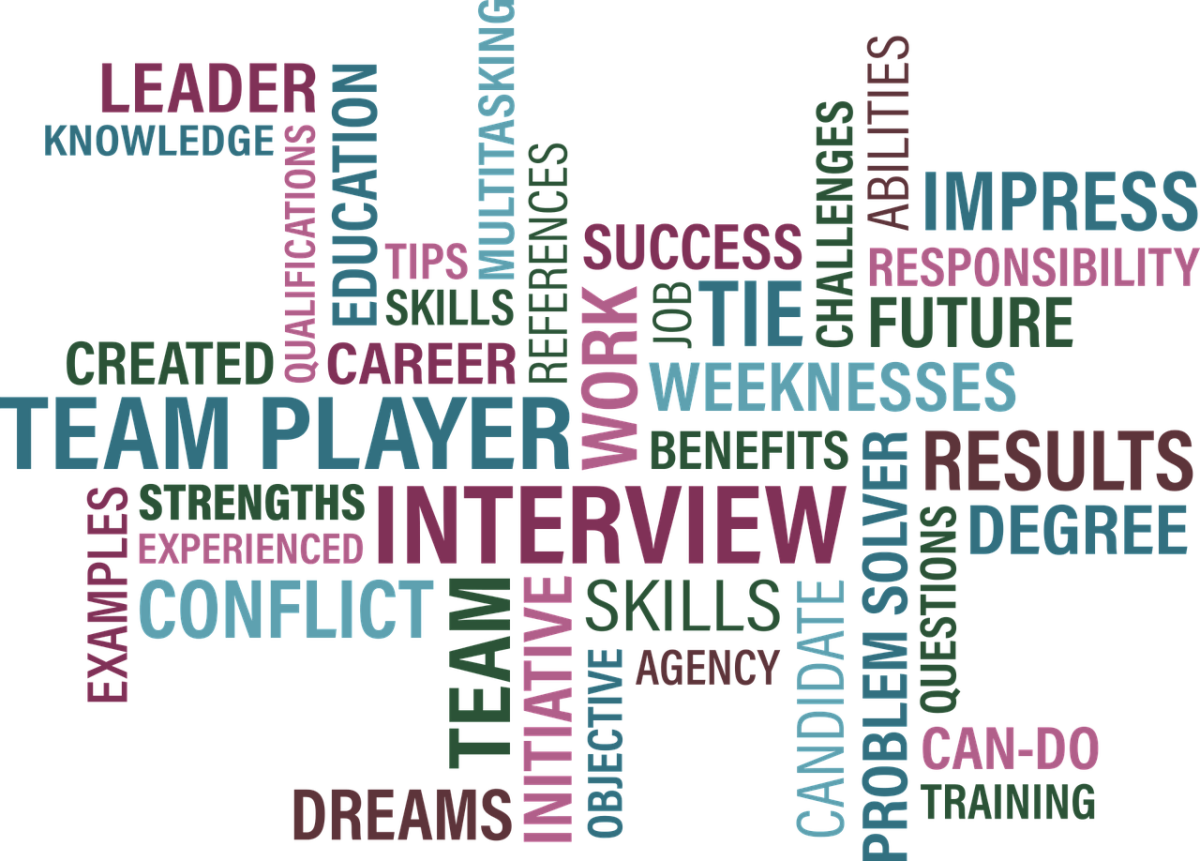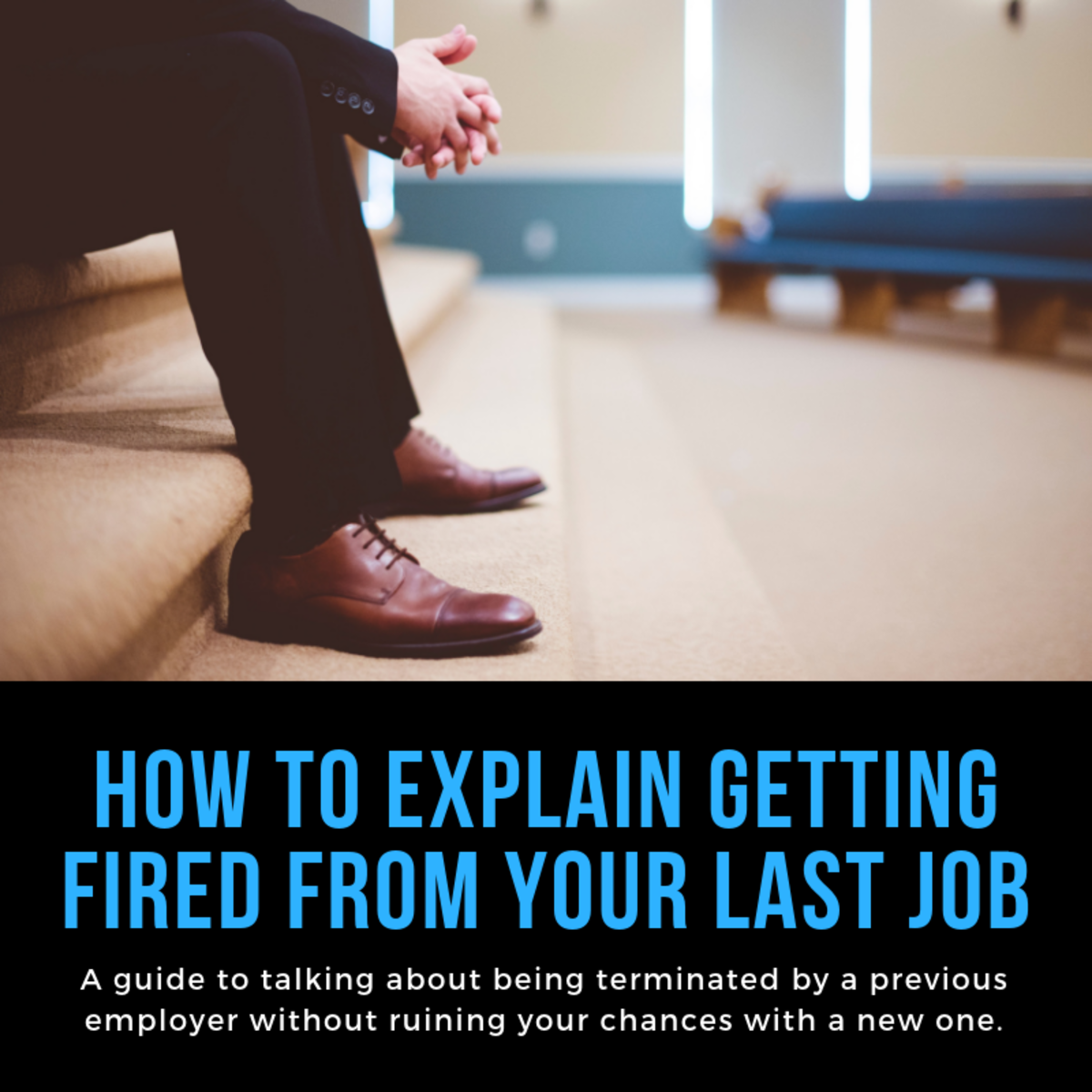Commonly made job interview mistakes: 10 things you should never do in a job interview

The irony of commonly made job interview mistakes is that we all seem to be aware of them, yet keep making them again and again. Job seekers seem to overlook some of the simplest and most basic things that speak volumes about character, personality, attitude and professionalism. If you have an interview lined up, you may want to brush up these tips and remember these 10 things you should never do in a job interview.
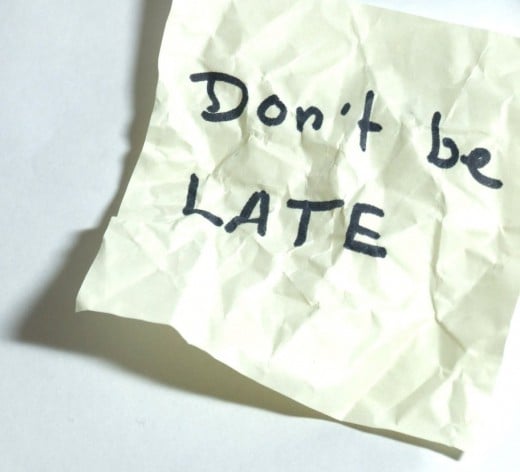
1) Arrive late and make your interviewer wait for you
Do you really think that your prospective employer will take you seriously if you arrive late for your job interview? If you do, maybe it is time you shook yourself out of utter ignorance. Whether your bus is on time or not, the trains are running late or the freeway was blocked, you must avoid being late at all costs. Leave an hour early if necessary but don't disappoint your interviewer by being late unless it is absolutely critical and unavoidable.
An easy way to ensure that you reach your job interview in time is to plan and prepare everything you will need in the morning, the night before. If you have the habit of procrastinating things till the last minute, this applies especially to you. Right from getting your clothes ironed to the toilet accessories you will need in the morning, make sure you have everything in place for a smooth and uninterrupted start to your big day.

2) Forget to introduce yourself to your interviewer
One of the first things that a job seeker is expected to do is introduce himself or herself. After all, you, as a job seeker are trying to promote yourself as a prospective employee. You want to put forward a nice image and introduction is one of the foundations of building a rapport with anyone, let alone your interviewer.
No matter how nervous you get, don't forget to introduce yourself to your interviewers. Not only will it serve as an icebreaker, it you will also make a strong and commanding first impression in front of your interviewers.
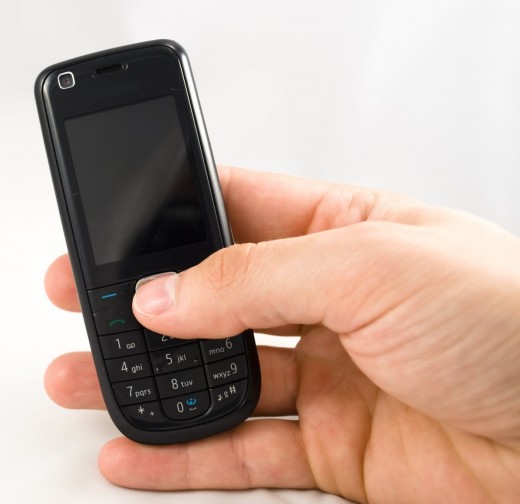
3) Answer a call or text on your cell phone during the interview
While answering calls or texting on cell phones may seem utterly stupid, you may be surprised to know that it is a commonly made job interview mistake. According to the CareerBuilder survey in 2012 (via Forbes.com) a whopping 77% of hiring managers said that answering calls or texting during job interviews was the reason why a prospective employee was not given the job. The reason is quite simple. Not only will it make you look less committed towards getting the job, it is also an insult to the interviewer. Job interviews are serious business and not a walk in the park where you can answer calls and leave text messages.
4) Say lies or say you know something, even if you don't
Whether it is about your skills, your knowledge on a topic or your past record, don't lie to your interviewer. If you get cornered in a spot and your lie is caught out, which is likely the case as your interviewer has talked to many job seekers like you, you will put all your hopes of getting the job to rest.
You will also ruin the chances of all possible interaction and job opportunities with that employer or hiring agency in the future. Worst case scenario, that recruitment agency may bar you from applying for any of their future job postings.

5) Say bad things about your previous employer
While you may find it appropriate to bad mouth your previous employer because you hated your previous job, have you given a thought to what your prospective future employer may think of this? He may think 'Could it be likely that this guy is going to say bad things about my company too once he leaves his job here?'
Whether you have been mistreated by your previous employer or not, make sure you choose your words wisely before you brand them with nasty comments and names. Your best and safest bet to avoid this commonly made job interview mistake is to draft and remember a line or two about your previous employer and job, before you leave home for your interview. That way, even if your previous job is a sensitive issue, you are well prepared and you will ensure that a knee jerk reaction does not make you say something you didn't want to say.
6) Fidget or look away from your interviewer while talking
Job interviews aside, fidgeting and looking away from the person you are speaking to is one of the most widely accepted telltale sign of either nervousness or lying. It is understandable that even the best of us can get nervous during tense situations. The trick that separates the men from the boys is the ability to hide emotions and the apparent nervousness.
An easy way to do so is to consciously stop fidgeting, making unnecessary body movements or looking away from your interviewer's eyes while you speak to them. A strong yet relaxed body language which shuns fidgeting or unnecessary twitching will portray you as a confident and genuine job seeker.
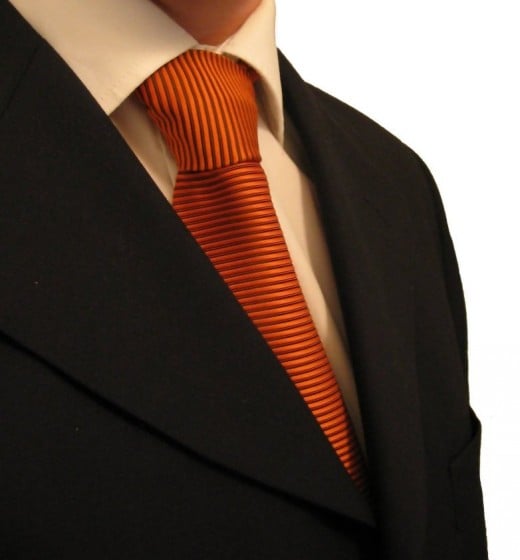
7) Dress inappropriately or inaccurately for the job you are applying for
Just like you may not want to wear your most expensive suit for a job in construction, you may also not want to wear a casual attire while going for a job in a big corporate house. Unless of course you are applying to the oh-so-cool employers like Google where employees reportedly walk around in casual attire all the time. The idea is to dress appropriately for the job in question and the company's culture, which by the way you must find out from their website and company profile.
A professional attire is a safe bet for professional roles. If you are confused, just wear the accepted industry specific attire for the type of job you are going for, and you should be safe. According to the CareerBuilder survey (via Aol.com) 72% of hiring managers said that job seekers were turned down because they didn't dress appropriately. Wouldn't it be a shame if you had all the skills and knowledge for the job but were turned down just because you wore clothes that were inappropriate?
8) Forget your interviewer's name
Just like you introduce yourself before the start of an interview, a good hiring manager or an interviewer will introduce himself/herself to you. And they don't, it may be a good idea to politely ask for their name. The real challenge is to remember your interviewer's name and use it while you are interacting with him or her.
Using someone's name to address them is a commonly known foundation of good communication skills and you should be displaying just that. This practice will also give out one clear and loud message to your interviewer, that you mean business.
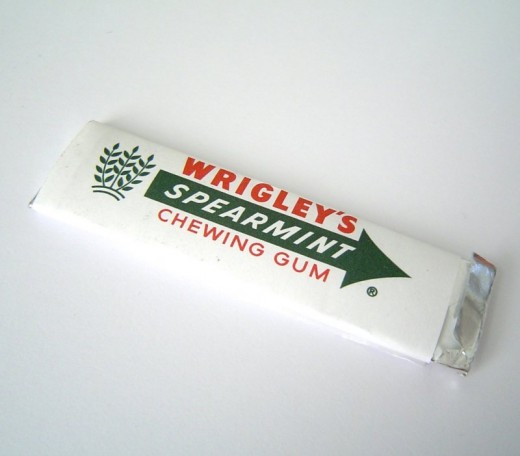
9) Gross your interviewer out with your bad habits
Talking about commonly made job interview mistakes, wouldn't you think that it is common sense not to be caught out chewing gum during a job interview? While you may think it is, numbers reveal otherwise. The CareerBuilder survey revealed that about 63% of the interviewed hiring managers said that chewing gum was the reason why they had turned down a prospective job seeker.
The best of us can make mistakes and that's exactly why you should prepare yourself to stop and quit all your bad habits, at least while your interview lasts. Whether it is something as silly as a nose picking habit or something as serious as alcoholism, make sure you walk the straight line while your interview is going on.
10) Not thanking the interviewer for their time
Simply getting up from your chair and walking away when the interviewer informs you that you interview is over, is as good as hitting yourself in the foot. Whether you are being interviewed by a hiring manager or a workplace manager, it is always nice to be courteous and thank them for their time and giving you a chance to be interviewed.
But wait, there is a flip side to this oversight too. While it is great to be courteous, going overboard with courtesy and being too nice is also one of the things that you should never do in a job interview. It may make you seem too eager or desperate for the job. To play safe, be courteous while maintaining a firm and loud tone while thanking your interviewers.


